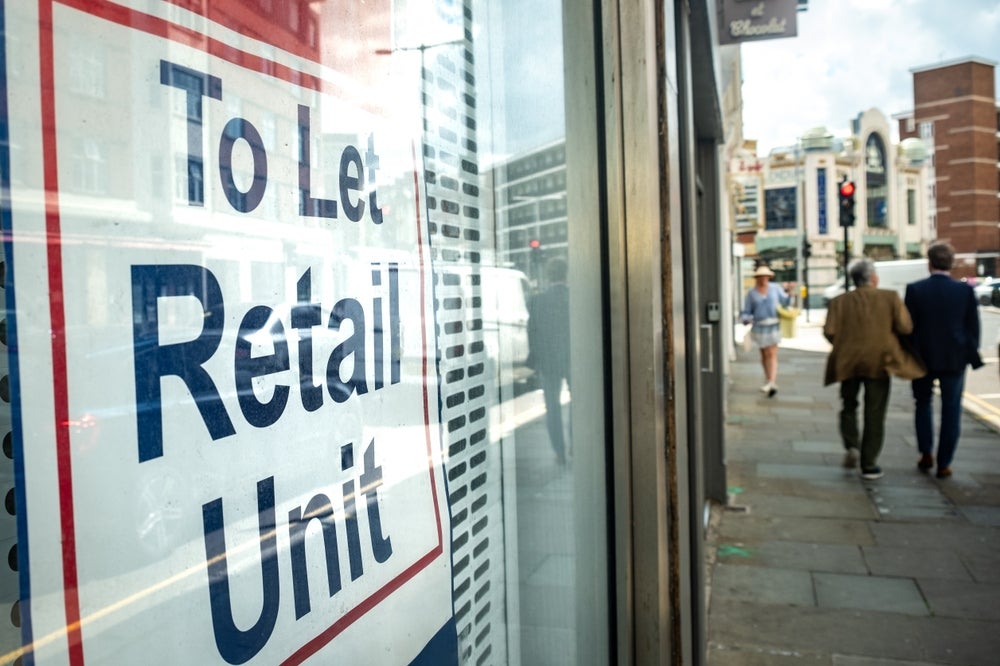Retailers across the UK have welcomed a surprise government plan to outlaw “upward only” rent reviews in new commercial leases—an industry practice that has long kept high street rents from falling, even during economic downturns.
The proposed change is part of the English Devolution and Community Empowerment Bill, unveiled on 10 July 2025.
The relevant sections—clause 71 and Schedule 31—seek to amend the Landlord and Tenant Act 1954, aiming to give struggling small businesses a better chance of survival by allowing rent to move with market conditions.
What are upward only rent reviews?
An upward only rent review is a lease clause that allows landlords to raise the rent during a review, but never reduce it—even if market rents fall.
These reviews are typically included in longer-term commercial leases and have become a standard feature of retail tenancy agreements. Critics argue they lock tenants into unsustainable costs when trading conditions worsen.
Under the draft bill, any new lease containing this type of clause would be unenforceable. Landlords would instead need to offer either fixed rent increases or agree to reviews that could result in rent going up or down.
The ban will apply to new leases and renewals signed after the law comes into force. Existing agreements won’t be affected.
To close potential loopholes, the legislation includes anti-avoidance measures: landlords won’t be allowed to impose inflated rents through other means like forced re-letting or complex break options.
Tenants will also gain the legal right to trigger a rent review if the landlord delays.
Retailers welcome rent flexibility
Retail industry groups have expressed strong support for the move. Tom Ironside of the British Retail Consortium called the proposal a “positive step” and said it could help level the playing field between landlords and tenants, especially for independent retailers and high street chains.
The British Independent Retailers Association (BIRA) also backed the measure, saying it offers real hope to small businesses facing rising costs and weakening consumer demand.
Supporters argue that more flexible rents could reduce store closures and revitalise high streets that have been hit hard by both online competition and the cost-of-living crisis.
Property sector raises investment fears
Not everyone is in favour. The commercial property industry has reacted with concern, arguing the change could hurt confidence and discourage future investment.
Simon Carter, CEO of British Land and president of the British Property Federation, warned that the lack of consultation and sudden nature of the proposal may destabilise commercial asset values.
He also pointed out that many newer leases—especially shorter ones—already exclude upward only rent reviews, meaning the policy might have limited impact where it's most needed.
What this means for future leasing
If passed, the reform is expected to alter leasing practices across the UK. Landlords may shift to shorter-term leases, opt for stepped rent increases, or push up initial rent levels to compensate for the added risk.
Legal experts note that lease agreements could become more complex as both sides try to manage uncertainty around future rent levels.
There may also be wider use of index-linked rents and break clauses. While these changes might increase flexibility, they could also make long-term planning harder for both tenants and investors.
What happens next?
The bill is currently making its way through Parliament. Its final form is still subject to debate, with lobbying efforts expected from both retail and real estate stakeholders.
If passed without major changes, the rent review ban could take effect in 2027 or 2028.
In the meantime, high street retailers are watching closely. For many, the end of upward only rent reviews represents a long-overdue shift toward more sustainable and fairer leasing terms.
For others, especially landlords, the proposal raises serious questions about future returns and the balance of risk in the commercial property market.












